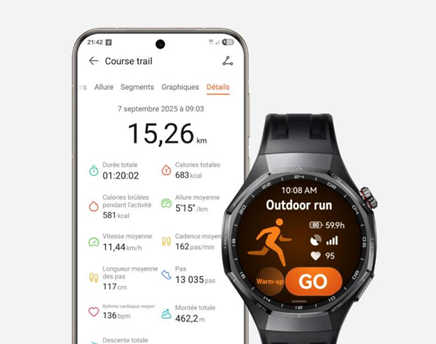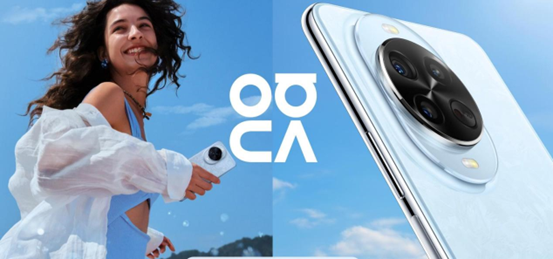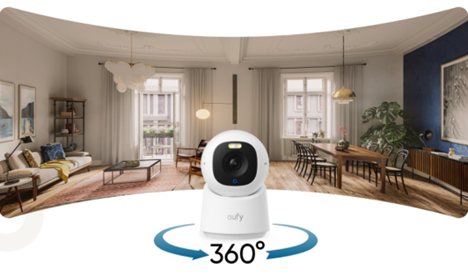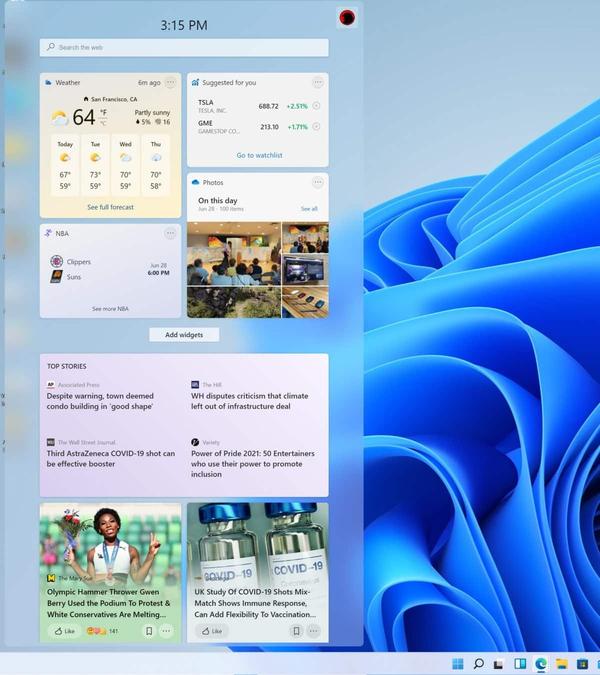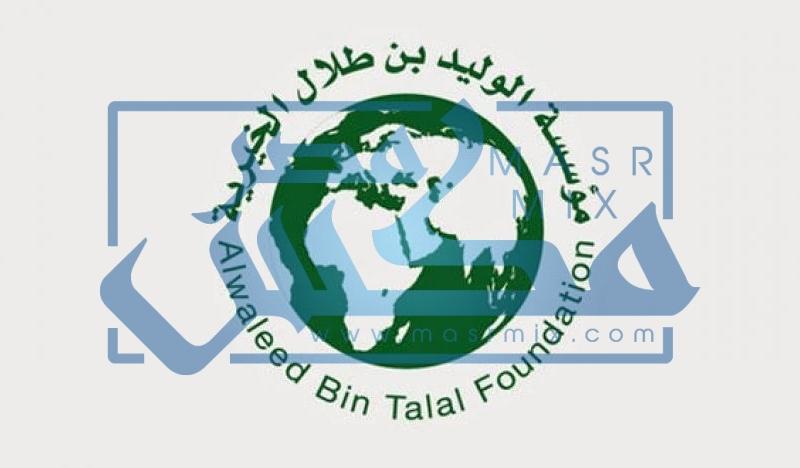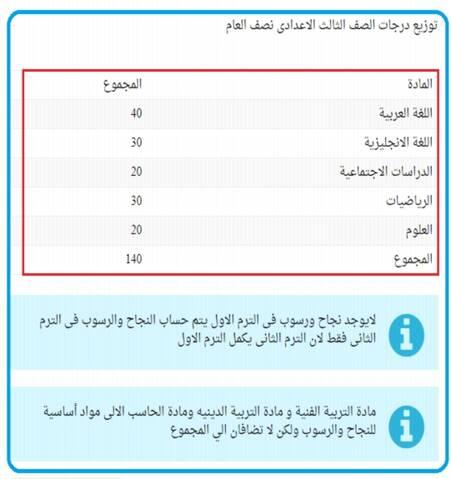How does Putin protect himself from assassination and coup?
The media focused on the protection team of Russian President Vladimir Putin after the US Senator, Lindsey Graham, called for his assassination.
A report by the American New York Post stated that the Russian president surrounds himself with elite bodyguards with high capabilities, who wear bulletproof vests and high-powered pistols, as well as people who have the task of tasting his food to protect him from possible assassinations and coup plots.
The report indicates that Putin, a former KGB agent who rose to power in 2000, protects himself from assassinations and avoids infection with the Corona virus at all costs, which appears in the distance he leaves when meeting presidents and officials.
Photographs taken of him recently while meeting world leaders and even his advisors from a great distance show his commitment to maintaining a distance of at least 20 feet while sitting at meeting tables with them.
He also wore a full protective suit with a full respirator before visiting a hospital to treat coronavirus patients in Moscow in April 2020.
Putin's bodyguards - who call themselves the Musketeers - are made up of a special unit within Russia's Federal Protective Service that traces its roots back to 1881, when Tsar Alexander III surrounded himself with bodyguards after his father was assassinated by a bomb thrown by revolutionaries.
A great deal of information about Putin's bodyguards has been published on the state website Beyond Russia, which says they were selected for specific qualities including "psychology", physical stamina, the ability to withstand the cold and not sweat in the heat.
The site indicated that they are equipped with special shields used as a shield to protect Putin, and they carry Russian-made 9 mm Victor pistols that contain armor-piercing bullets.
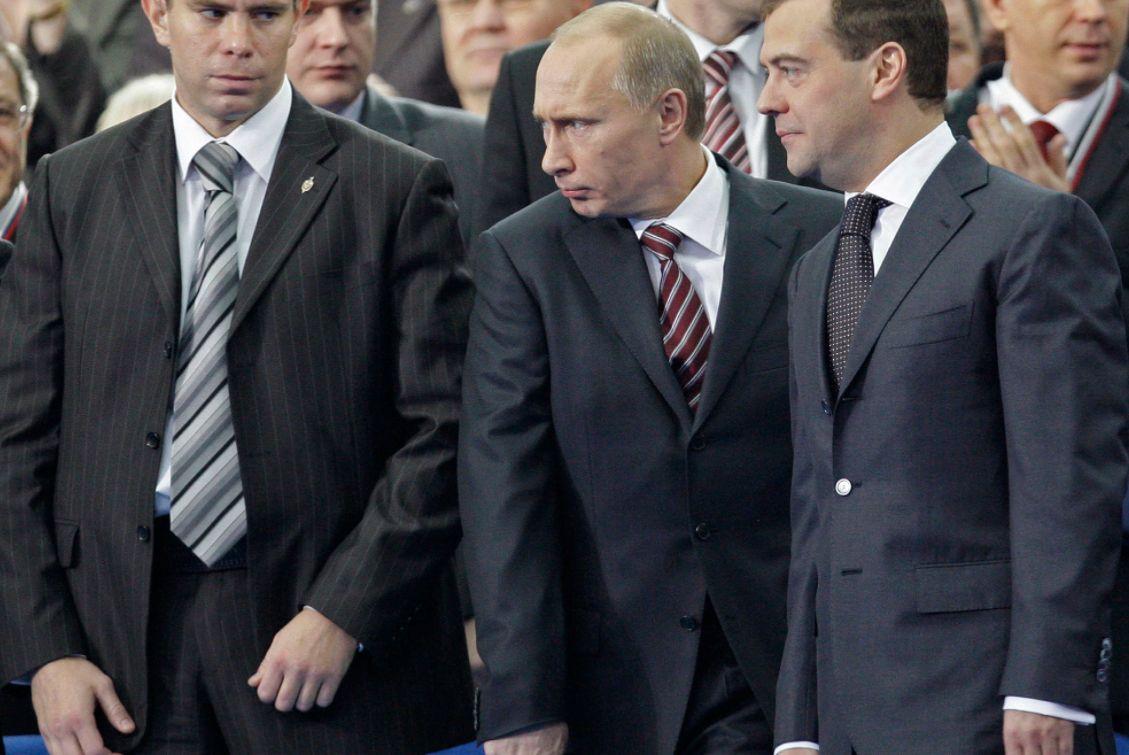
The site indicated that before Putin travels to any destination, these teams undertake missions to scout his destination months ahead of schedule, checking to see how the public is likely to respond, and whether the region will be affected by bad weather or natural disasters.
The team is also examining the place where it will be staying, installing jamming devices to prevent remote detonation of bombs, and technicians conducting electronic monitoring of mobile phones and other devices in the area.
On the road, Putin drives amid a convoy of heavy armored vehicles carrying special forces soldiers armed with AK-47s, anti-tank grenade launchers and portable anti-aircraft missiles.
When he leaves the car he is surrounded by four rings of security, starting with his bodyguards, others hidden in the crowd doing attendance checks, as well as snipers on the surrounding rooftops.
The FSB also has broad authority to carry out its operations and investigations, including electronic eavesdropping, opening mail, searching homes, seizing vehicles, and detaining and interrogating suspects.
In 2016, Russia Beyond referred to longstanding rumors that the FSB sometimes used a "president's surrogate" to ensure Putin's safety, or "person number 1."
Putin later admitted that he was offered the use of a surrogate when he made several trips to Chechnya in the early 2000s, but confirmed during a 2020 interview that he "refused to use a surrogate" every time the issue was raised.
Putin's bodyguards are replaced when they reach the age of 35, but they can be rewarded with new positions such as regional governors or federal ministers and leaders of the special services.
In addition, Putin's team has someone who tastes every meal served to ensure he is not poisoned, according to the World Presidents Chef Club, a culinary organization whose members cook for heads of state and royalty around the world.
Testers are still only in the Kremlin, where the doctor checks every dish with the chef,” Gil Bragard told The Telegraph in 2012.
